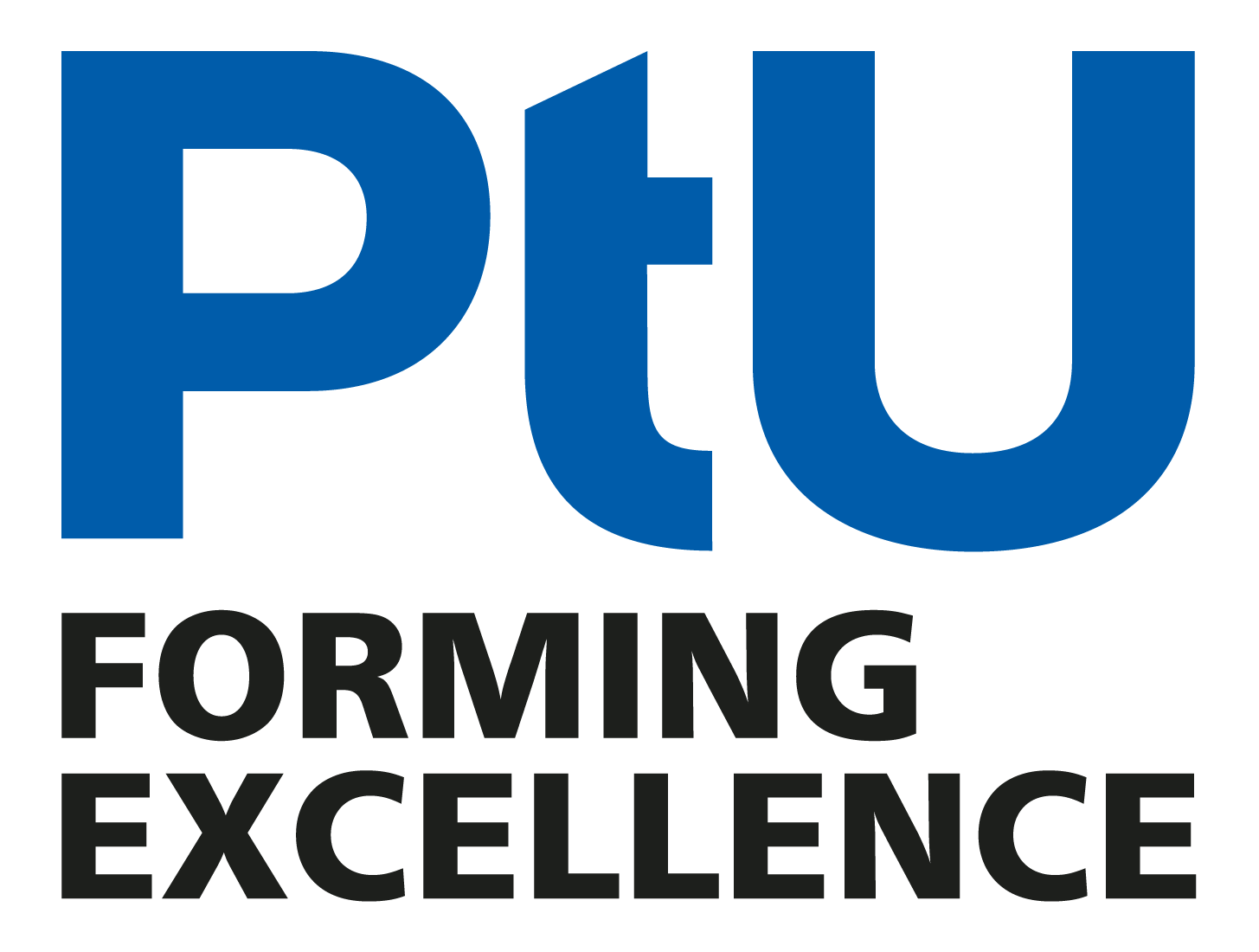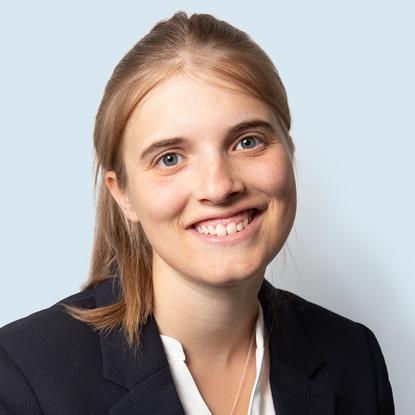MeGro – Flexible rolling process to form variable material thicknesses into stringer
The aim of the PtU work packages in the MeGro joint project is the implementation of a new flexible rolling process for the subsequent forming of variable wall thicknesses in extruded aluminum t-profiles. The new process should enable a more environmentally friendly and resource-efficient production of aircraft stringers in the future. The feasibility of the new process will be verified based on numerical investigations in order to develop and experimentally test a special rolling mill.
Coordinator: Franziska Aign M. Sc.
Duration: June 2020 – May 2024
Funded by: Lower Saxony Aeronautics Research Programme
Motivation
To increase the stiffness of aircraft fuselages aluminum profiles are used (Figure 1). In order to reduce weight and fuel consumption, these stringer profiles have variable material thicknesses in longitudinal direction, which is currently realized by chemical milling. A subsequent treatment by mechanical milling is required. Due to the high expenditure and use of chemicals, this process is classified as economically and ecologically critical. Therefore it should be replaced by an alternative, purely mechanical process.
For this purely mechanical process, flexible rolling is chosen because of the good material utilization. With flexible rolling it is possible to produce tailored blanks. However, the production of branched profiles with variable thickness, e.g. the T-profile, cannot be realized with conventional rolling stands. This requires the development of a new flexible rolling process.


Approach
In order to roll web and flange evenly and without distortion, a new roller configuration is necessary. This consists of a bottom roll and two top rolls arranged at a 45° angle (Figure 2). For roll gap adjustment, the rolls require rotational and translational drive systems. By specifying control curves, the thickness gradients can be rolled according to the requirements. The profile elongation must be taken into account depending on the rolling reduction in order to avoid deviations in the target wall thickness of the profile.


The functionality of the technological concept is to be verified and the feasibility must be demonstrated numerically. The next step is the development of the flexible rolling process in real operation. The goal of the project is the experimental validation of the technology at a prototype rolling mill in a research environment. Thus, the research project consists of three work packages:
1. Numerical analysis on the flexible rolling of thickness variation in extruded T-profiles
2. Concept development, design and manufacture of a flexible rolling mill
3. Commissioning of the rolling mill and performance of experimental investigations
Acknowledgement
The project MeGro ist part of the Lower Saxony aviation research program and is funded by the Investitions- und Förderbank Niedersachsen (NBank). Furthermore the Institute of Production Engineering and Forming Machines would like to thank the industrial partners Premium AEROTEC GmbH and Fooke GmbH.
Funded by
Project Partners


